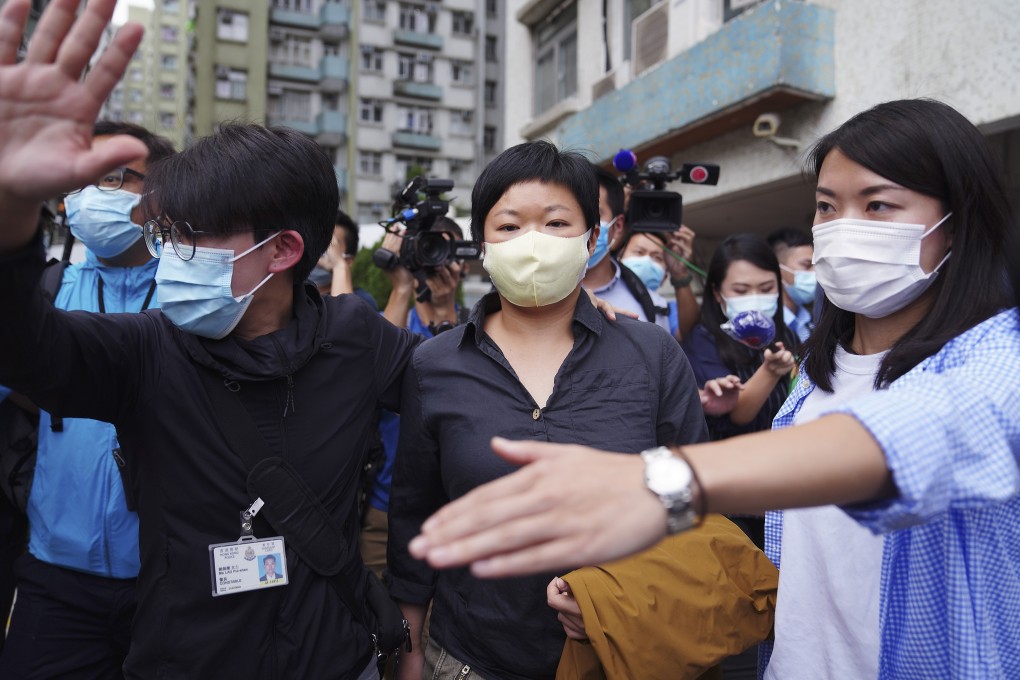Editorial | An urgent review of laws warranted after arrest of TV journalist
- Police action against investigative reporter who searched database for information relating to Hong Kong railway station attack raises profound implications for press freedom

Police have sought to justify the arrest of Choy Yuk-ling in relation to her search for the personal details of car owners implicated in the July 21 saga, saying they were just acting on a breach of privacy complaint. But the action has inevitably reinforced the impression of police seeking revenge. The force has come under fire for its slow response when suspected triads in white T-shirts randomly attacked people at Yuen Long MTR station.
This is not the first time for police to spark an outcry over the divisive chapter in last year’s social unrest. In August, Commissioner of Police Chris Tang Ping-keung had to clear the air after the force was accused of rewriting history by giving a different account of what had happened. At stake is not just the image and credibility of police. The strong reaction from media groups underlines the deepening concerns of the industry, with some warning of a chilling effect on investigative journalism.
The 30-minute RTHK programme sought to review the relevant CCTV footage and identify owners of vehicles seen to have picked up some people in white in the district earlier in the day. But the database concerned only presents those searching with the options of “legal proceedings”, “sale and purchase of vehicles” and “other traffic and transport related matters”. Choy, as an investigative journalist carrying out a perfectly legitimate search, had no choice but to pick one of the three options in order to dig further. She has now been charged with two counts of making false statements under the Road Traffic Ordinance and will appear in court next Tuesday.
Journalists’ first obligation to the truth makes reporting in the public interest a legitimate reason to access information. Regrettably, many search tools commonly used by the media under the law do not recognise news reporting as a legitimate purpose, making professional journalists vulnerable to legal liability. The anomaly is inconsistent with the protection of press freedom under the Basic Law and must be speedily addressed.
